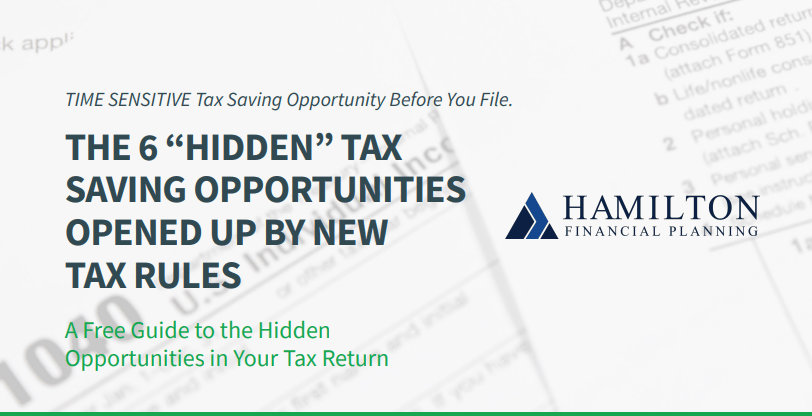US Elections 2020 comes with increased uncertainty, worrisome headlines, and potential market turbulence. Now the question on the tip of everyone’s tongue is “Will the uncertainty of the 2020 Election tank the market? And will the economy be even worse than the aftermath of COVID-19?”
2020 has already had more twists and turns than an HBO series.
And in last week’s episode, the president contracted COVID. What will the season finale bring now?
Are you really worried about what the election could mean for you? Thinking about moving to Canada and/or an underground bunker?
Take a deep breath and step back if you need to. Things might not be as bad as being portrayed.
Let’s talk about what could happen next.
A lot of things could happen, depending on how widespread the coronavirus outbreak is in the White House and how severe the president’s illness becomes.
The situation injects uncertainty into the 2020 election, Supreme Court confirmation, and the new stimulus bill.
Not to mention, there’s already a worry that the 2020 election might not be decided on November 3. A high number of mail-in ballots mean the drama could realistically play out for weeks after Election Day.
Table of Contents
Could President Trump’s illness postpone the US elections 2020?
That seems unlikely. Technically, Congress could decide to delay the election, but I doubt they’d be able to make it happen before November 3.
Will there be anarchy in the streets if there’s no clear winner on Election Day?
No. We have legal and democratic means to resolve a contested election.
If no candidate receives the majority of electoral votes (270 or more), the election moves into overtime and a “contingent election” is held by the House.
Two presidential races (in 1800 and 1824) were decided by the House.
In 1876, a bipartisan commission reviewed ballots in three too-close-to-call states and awarded enough electoral votes to give Rutherford B. Hayes the win.
In 2000, the Bush/Gore election went to the Supreme Court, which ended a Florida recount and gave George W. Bush the presidency.3
Will markets react to US Elections 2020 uncertainty with volatility?
That’s highly likely, especially if the president’s illness doesn’t resolve quickly.
We already know that markets hate uncertainty and traders are revising, hedging, and re-hedging their bets as they digest this evolving situation.
As a historical example, here’s how markets performed during the 2000 election recount drama. In a word, VOLATILITY.
Let’s keep in mind that markets have already been volatile with a stalling economic recovery, election season, and a continuing pandemic that will drag into 2021. Assuming 2020 doesn’t bring any other surprise, it seems unlikely that the Presidential Elections will dip the market more than the pandemic already has.
The predictions about the fate of the market after Presidential Elections during the Trump and Obama era portrayed a bleak picture for the market. And yet, the market handled it quite well, both times. So, we can assume that it will hang in there for a third time as well.
Election cycles always bring heightened emotions and more negative news than usual. This year, the added uncertainty of COVID-19 has just made it seem a bit worse than usual.
With the economists trying to figure the current situation, you must keep in mind that there are certain risks as well as opportunities tied with the Presidential Elections. Business and economic fundamentals are currently driving markets, not election-related fears. We’ll see if that changes as the month progresses.
In the meantime, you should be especially cautious of media that might make you feel anxious, angry, uncertain, or afraid. One thing that is certain is no matter who wins, some policy changes will be made.

